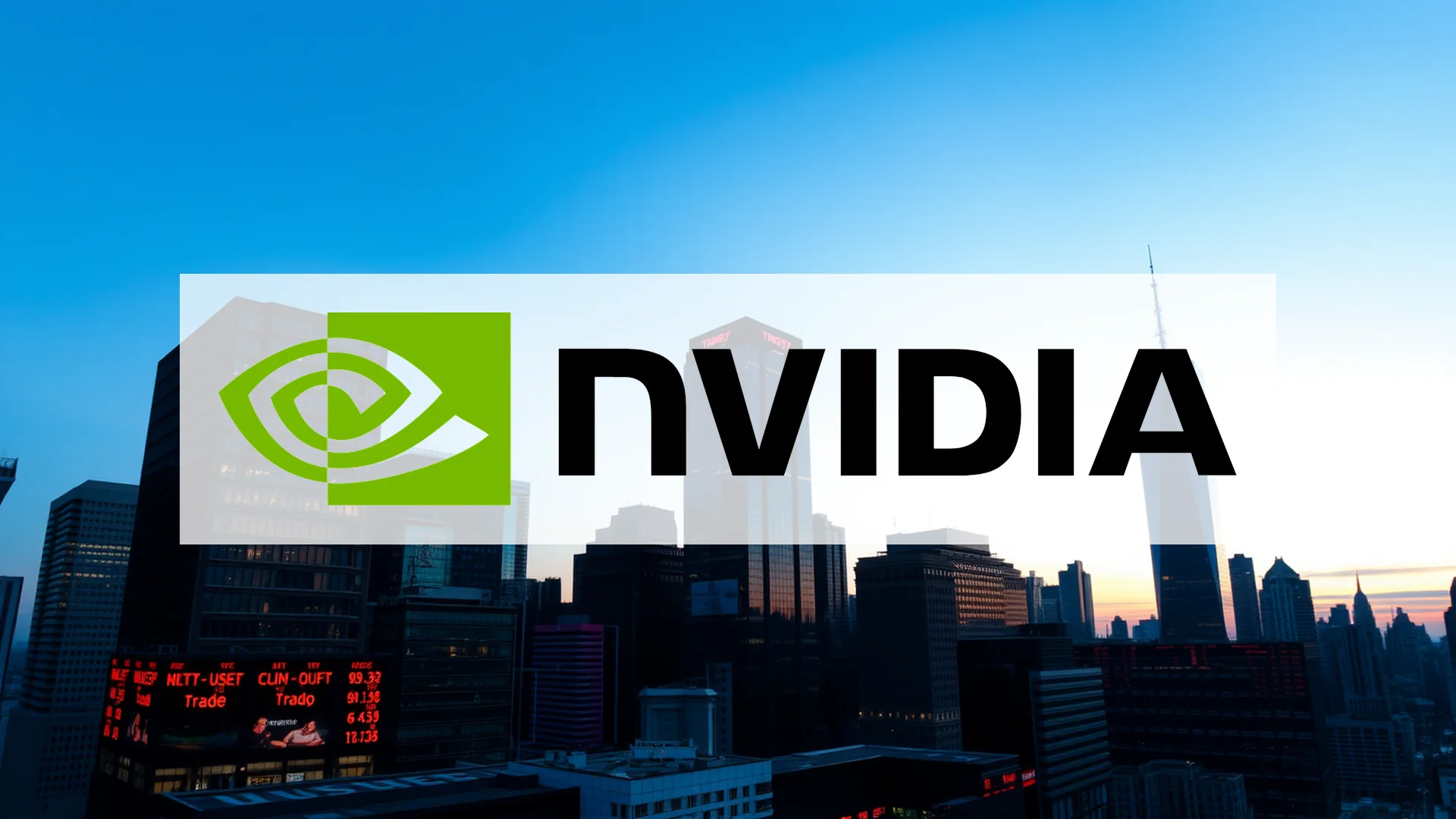Recent developments suggest Nvidia’s seemingly unassailable position in the artificial intelligence chip market may be facing its most significant challenge yet. According to a revealing report from The Information, Meta Platforms is engaged in confidential discussions with Google to potentially replace Nvidia’s hardware with competing solutions in its data centers.
Market Reaction and Strategic Shifts
The technology investment community responded swiftly to these developments, with Nvidia’s equity declining more than 5% over the past week. This sell-off reflects growing concerns that major technology “hyperscalers” might be seeking to diversify their infrastructure dependencies away from Nvidia’s dominant position.
Meta’s potential strategic shift involves integrating Google’s proprietary Tensor Processing Units (TPUs) into its operations by 2027, with reports suggesting an even earlier implementation through Google Cloud leasing arrangements. This represents a direct challenge to Nvidia’s core business, which has historically relied heavily on massive investments from technology giants like Meta in its H100 and Blackwell GPU architectures.
Corporate Response and Competitive Positioning
Nvidia’s leadership moved unusually quickly to address market concerns, issuing a rare direct statement on platform X emphasizing their technological advantage. Company representatives asserted they remain “a generation ahead” of industry competitors, highlighting their platform’s unique capability to efficiently run any AI model compared to competitors’ more specialized ASIC designs.
Should investors sell immediately? Or is it worth buying Nvidia?
This public defense strategy indicates that Nvidia’s executive team is taking competitive threats more seriously than their market position might suggest. The timing is particularly noteworthy given the company’s recent stellar financial performance.
Strong Fundamentals Versus Future Concerns
Just one week prior to these developments, Nvidia reported record-breaking third-quarter results, with revenue reaching $57 billion and exceeding all market expectations. However, equity markets typically price future expectations rather than past performance, and current investor anxiety centers on whether major clients are actively seeking to reduce their dependence on Nvidia’s technology.
The shares now trade in a delicate balance where market participants are closely monitoring whether technical support levels will hold or whether ongoing discussions about competitive risks will continue to exert downward pressure. The situation illustrates the complex dynamics facing dominant technology suppliers when their largest customers begin developing competitive solutions.
Ad
Nvidia Stock: Buy or Sell?! New Nvidia Analysis from February 7 delivers the answer:
The latest Nvidia figures speak for themselves: Urgent action needed for Nvidia investors. Is it worth buying or should you sell? Find out what to do now in the current free analysis from February 7.
Nvidia: Buy or sell? Read more here...












